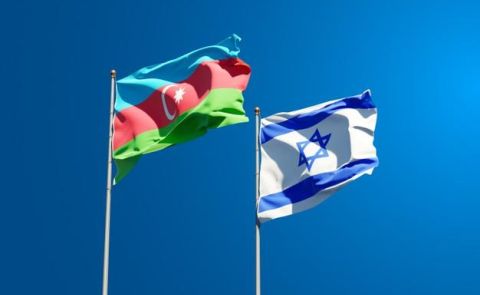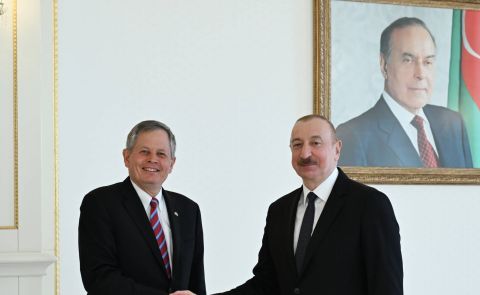
EU Lawmakers Visit Georgia Amid Political Crisis; Georgian Dream Rejects Dialogue
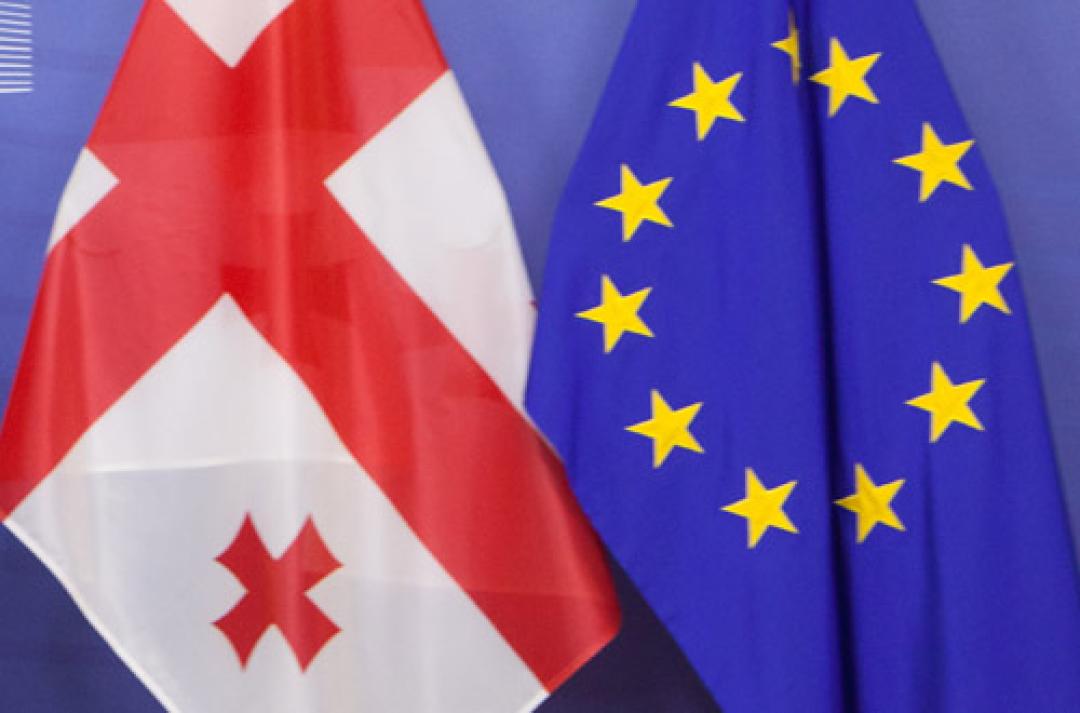
On November 11, senior EU lawmakers from Germany, France, Poland, Lithuania, Latvia, Estonia, Sweden, and Finland visited Georgia to address the country’s deepening political crisis. The delegation began their visit with a meeting with Georgian President Salome Zourabichvili, who welcomed them as “truly devoted friends of Georgia” supporting the nation’s state-building efforts and European aspirations. Zourabichvili emphasized that their visit underscored continued European support amid what she described as a crisis caused by “one-party-managed” and “one-party-rigged elections.” She expressed hope for a return to “fair elections” through “just means” to establish a legitimate Parliament, Government, and Presidency.
EU Delegation Highlights Democratic Concerns
Michael Roth, Chair of the German Bundestag’s Foreign Affairs Committee, addressed the Georgian public, clarifying that the delegation represented various EU political parties and countries but came solely as friends of the Georgian people. Responding to accusations from the ruling Georgian Dream (GD) party, he stressed, “We are not here to promote regime change.” Roth expressed deep concern over the October 26 elections, citing irregularities such as compromised ballot secrecy, vote-buying, voter intimidation, and threats against opposition supporters, which, he argued, cast doubt on the legitimacy of the results.
Roth warned that if Georgia could not ensure an independent investigation into these allegations, international organizations such as the Council of Europe, OSCE, and EU would have to intervene. He cautioned that without transparency, the EU might not recognize the election results and could even impose individual sanctions on those responsible for voter manipulation. He also hinted at the potential suspension of Georgia’s visa-free regime. Roth emphasized that the EU stands with the Georgian people in their commitment to democracy, the rule of law, and human rights but warned that Georgia’s EU membership aspirations could be jeopardized if the current government continued its anti-European stance and pursued laws like the controversial “Russian Agent” law.
Georgian Dream Rejects EU Delegation, Citing Interference
Despite the delegation's outreach, Georgian Dream officials refused to meet with them, dismissing the visit as foreign interference. Parliament Speaker Shalva Papuashvili accused some delegation members of “personal hostilities” and political bias in favor of opposition groups. Prime Minister Irakli Kobakhidze, speaking from Baku during the UN Climate Change Conference, echoed these sentiments, claiming that the delegation’s actions were not aligned with Georgia’s national interests. “This is not the attitude that a European politician should have towards a sovereign country,” he remarked.
From Baku, Foreign Minister Ilia Darchiashvili supported Papuashvili’s criticism, calling for a “constructive, not biased” dialogue with the EU. Georgian Dream’s General Secretary and Tbilisi Mayor Kakha Kaladze was particularly harsh, labeling the EU lawmakers as “idlers” engaging in “propaganda of lies.” He asserted that their statements showed disrespect for Georgian statehood and had “no value” for the Georgian people.
EU's Josep Borrell Calls for Democratic Reforms in Georgia
In an interview on November 12, EU Foreign Affairs Chief Josep Borrell stressed that Georgia needed “significant changes” to maintain its EU candidate status. Comparing Georgia to Ukraine and Moldova, he remarked, “I don’t see any similarity between Georgia and Ukraine. Not at all.” While acknowledging Ukraine’s progress toward EU integration, Borrell criticized Georgia’s trajectory, citing anti-democratic legislation and electoral issues under the ruling Georgian Dream. He emphasized, “We have been telling the Georgian rulers that they are diverging from the European track,” warning that Georgia must address these challenges if it wishes to pursue EU membership.
See Also

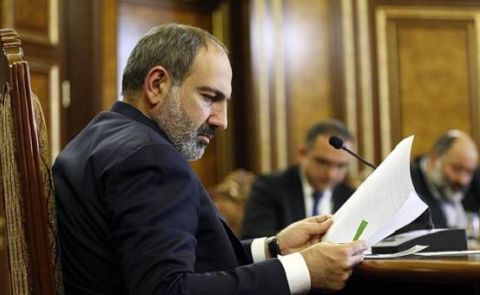
Pashinyan Commemorates First Republic Day, Highlights Progress in Sovereignty and Peace Efforts

Israeli Ambassador to Armenia Acknowledges Challenges but Optimistic About Future Armenian-Israeli Cooperation
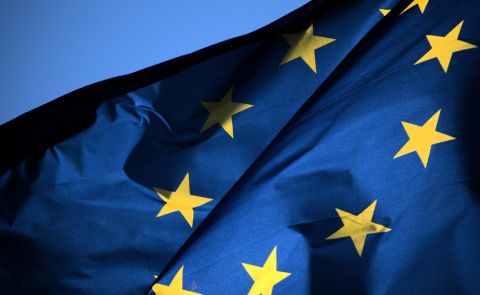
EU Plans Closer Cooperation with Azerbaijan, Georgia, Türkiye, and Other Black Sea States
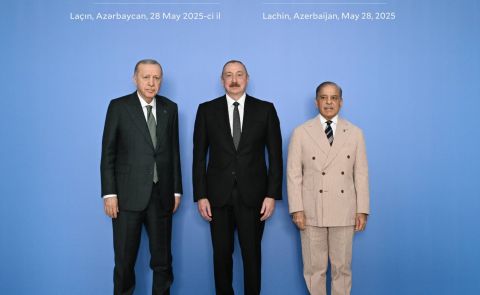
Azerbaijan, Türkiye, and Pakistan Highlight Growing Strategic Cooperation at Lachin Summit
